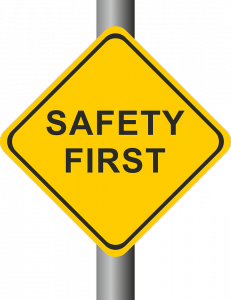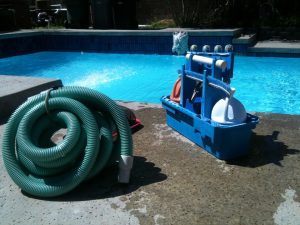What are the Workers Compensation Concerns for Mortgage Brokers?
What is a Mortgage Broker?
A mortgage broker acts as a middleman between a home buyer and all potential lenders. A Mortgage Brokers job is to work on the behalf of a home buyer to interact with several banks to find competitive interest rates that best fit the needs of their customer. Similar to an independent insurance agent, a mortgage broker partners with many lenders to find the best mortgage for the wants and needs of each individual home buyer. In addition to finding the best interest rate for your mortgage, a mortgage broker continues to collaborate with the bank’s underwriting department, the closing agent, and your real estate agent to keep the transaction on time and running smoothly through closing day.

What makes mortgage brokers different from loan officers?
In the lending industry, a loan officers is an employee of a lender. They are paid by the lender to write loans. Mortgage brokers on the other hand work within a mortgage brokerage firm or independently. Mortgage brokers partner with multiple lenders. They earn the majority of their money from lender-paid fees.
How Should Mortgage Brokers be Classified?
There are two primary classification codes that employees of a mortgage brokerage business fall into. The first is 8810 which is for office and clerical employees. The common duties for employees within this class code are financial, drafting, answering the telephone, inside sales, designers, editors, programmers, and other general office staff. The second classification code is 8742 for salespersons or collectors. All employees in sales or who drive and travel frequently as part of their job should be placed in this classification code.

Underwriters and Mortgage Brokerage Businesses
Mortgage brokerage companies do not typically have a hard time finding affordable workers comp coverage. This is because of the sedentary nature of the work. Insurance carriers know that slips, trips, and falls are not much of a concern for this industry. The risks of colds and flu are also low because of the small amount of exposure to the public. Long term repetition injuries like carpal tunnel are a slight risk due to the typing and sitting nature of the work. Talking to employees about healthy habits they can incorporate to mitigate these risks can help lower the frequency and severity of claims. Work comp rates do vary significantly between insurance companies and an independent agent can shop your policy around to many carriers in an attempt to get better coverage at a lower rate on premium.
Concerns for Mortgage Brokers Relating to Workers Comp
Workers Compensation risk for a mortgage broker is rather low. Because of the sedentary nature of the job, repetitive use injuries like carpal tunnel are always a risk for Mortgage Brokers. Working in front of a computer is not what humans are designed to do. Trying to implement a safety program with an emphasis on ergonomics can help prevent some of these problems from turning in to loss time for an employee or a workers comp claim for the business. When implemented correctly, safety programs can positively impact the businesses workers comp loss ratio.

Recommended Insurance Programs for Mortgage Companies
Minimum recommended coverage:
- General Liability
- Errors & Omissions (Professional Liability)
- Property Insurance
- Hired and Non-Owned Auto (full commercial auto if vehicles owned)
- Commercial Crime Coverage
- Business Income with Extra Expense
Common Workers Compensation Class Codes for Mortgage Brokers:
- 8810: Office and Clerical
- 8772: Outside Sales and Messengers













